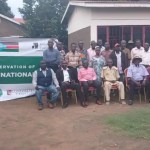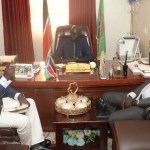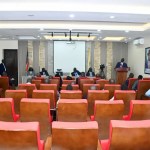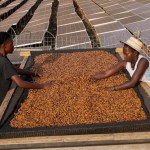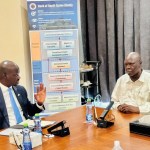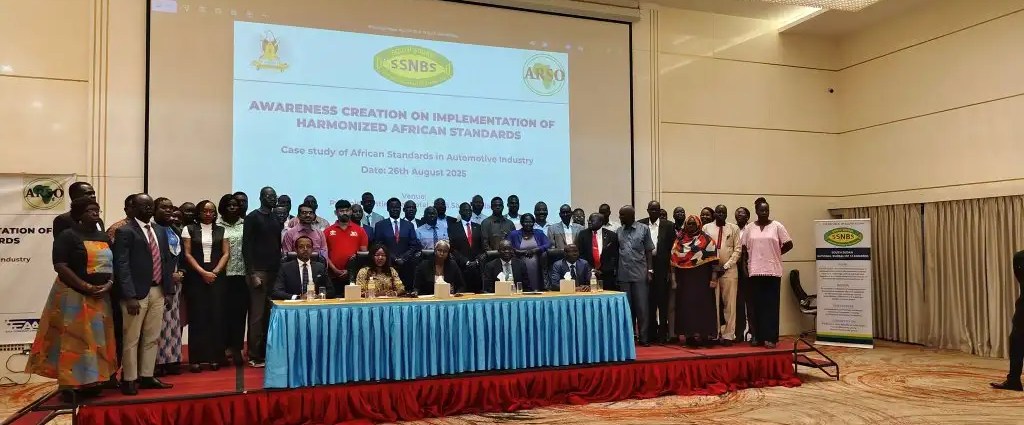(JUBA) – The South Sudan National Bureau of Standards (SSNBS), in partnership with the African Regional Standards Organization (ARSO), has concluded a one day workshop in Juba aimed at raising awareness on the implementation of African Automotive Standards.
The event brought together government officials, trade experts and private sector representatives to discuss harmonisation of automotive standards across the continent. According to SSNBS, the initiative is intended to ensure road safety, improve the quality of vehicles in circulation and strengthen trade opportunities under the African Continental Free Trade Area (AfCFTA).
Hon. Gloria Nyoka, Executive Director of SSNBS, said harmonisation of standards is vital for both consumer protection and trade facilitation. She reaffirmed that South Sudan’s standards bureau will continue to work with public and private stakeholders to align vehicle safety and quality measures with continental benchmarks.
The Secretary General of ARSO, Dr. Hermogene Nsengimana, told participants that 139 automotive standards have already been harmonised at continental level. He stressed that a strong automotive sector is essential for Africa’s wider industrialisation, job creation and competitiveness in international markets. Dr. Nsengimana also urged countries, including South Sudan, to prepare for global transitions towards electric vehicles and cleaner fuels.
The Ministry of Roads and Bridges in Central Equatoria welcomed the workshop, calling it both timely and crucial for protecting lives and ensuring safe and fair trade. Officials said the adoption of clear automotive standards will help reduce the risks posed by unregulated vehicle imports, which remain widespread in South Sudan.
Opening the session, the Minister of Trade and Industry, Hon. Atong Kuol, said that awareness of automotive standards is key for consumer safety, trade facilitation and environmental sustainability. She added that standardisation will help South Sudan strengthen its position in regional trade under AfCFTA.
South Sudan has become the fifth African country to host the ARSO awareness programme, following similar events in other member states.
Impact of Automotive Standards on South Sudan’s Vehicle Market
| Market Area | Current Situation | Expected Change with Standards |
|---|---|---|
| Vehicle Imports | Mostly second hand cars, often over 10 years old, imported from Japan, UAE and Europe. | Stricter age and quality limits on imports, increased demand for newer vehicles. |
| Road Safety | High accident rates linked to poor vehicle condition and lack of compliance checks. | Improved safety through harmonised inspection and quality requirements. |
| Environmental Impact | Older cars contribute to high emissions and poor fuel efficiency. | Adoption of cleaner fuel standards and gradual shift to electric vehicles. |
| Consumer Protection | Buyers face hidden risks due to lack of vehicle history and standard checks. | Transparent standards ensure quality, protecting consumers from unsafe vehicles. |
| Trade and AfCFTA | Weak competitiveness due to inconsistent regulations compared to other African markets. | Harmonised standards make South Sudan’s automotive trade more competitive regionally. |
| Job Creation | Limited local automotive industry and repair capacity. | Standards encourage investment in assembly, repairs and spare parts industries. |










